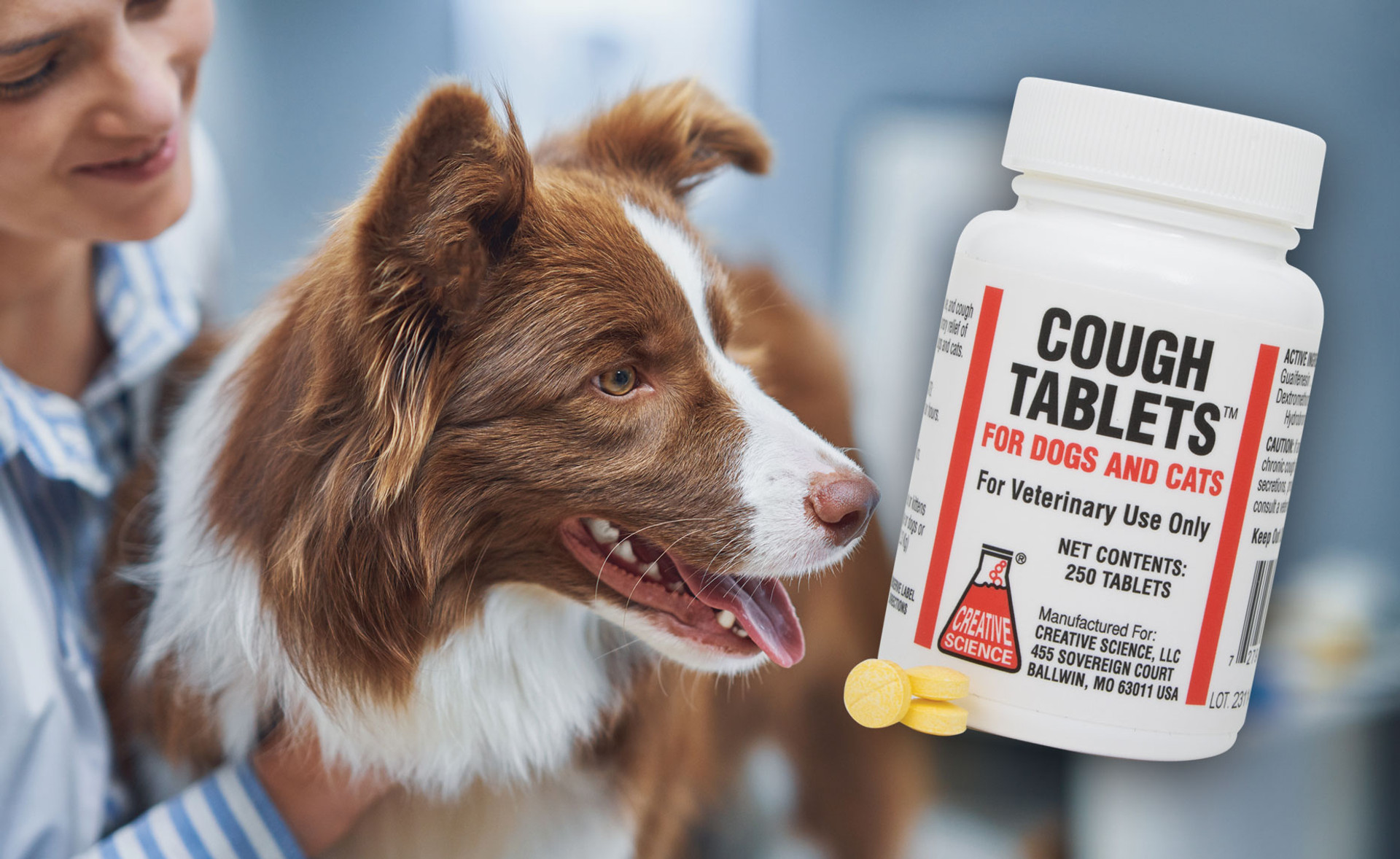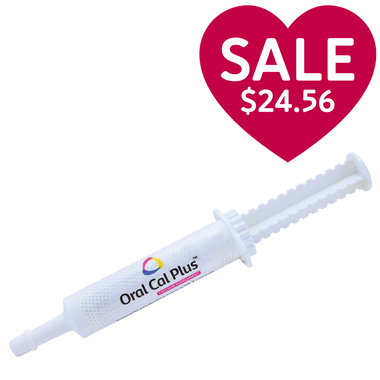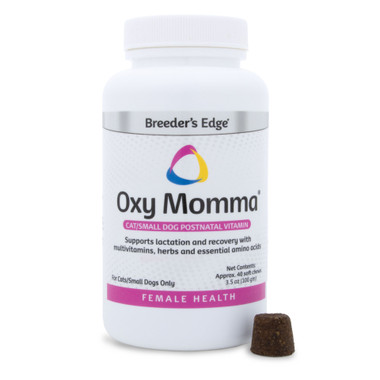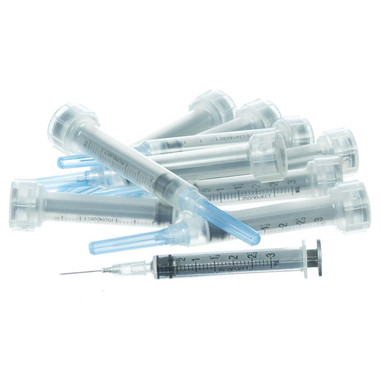Optimizing Cough Management in Dogs and Cats
Estimated 0 min read
Coughing in dogs and cats can be a symptom of various underlying conditions, ranging from mild irritations to serious respiratory diseases. Effective management of coughs is essential to providing temporary relief of upper respiratory conditions. Cough Tablets, specifically formulated for dogs and cats, play a crucial role in this management strategy. This article discusses the advantages of using Cough Tablets, their mechanism of action, and guidelines for effective administration.
Understanding the Need for Cough Tablets
Coughing serves as a protective reflex to clear the airways of irritants, but a persistent cough can lead to discomfort, distress, and secondary health issues in pets. Identifying the underlying cause is critical; however, while diagnostic work is ongoing or in conjunction with treatment, Cough Tablets can provide significant relief when caring for a dog or cat that is dealing with any of the following health conditions:
1.Infectious Diseases:
Kennel Cough (canine infectious tracheobronchitis) in dogs, often caused by Bordetella bronchiseptica, results in a dry, honking cough. Feline Viral Respiratory Disease is a complex of viral infections that can cause coughing in cats.
2.Allergies and Environmental Irritants:
Allergens such as pollen, dust, smoke, and mold can lead to coughing, particularly in predisposed animals.
3.Chronic Respiratory Conditions:
Conditions like chronic bronchitis and feline asthma can lead to chronic coughing and require ongoing management.
4.Cardiac Disease:
Heart disease can result in pulmonary congestion, leading to coughing, particularly in older dogs.
5.Neoplasia:
Tumors in the lungs or mediastinum can obstruct airways and trigger coughing.
6.Parasites:
Heartworm disease in dogs can lead to a chronic cough due to pulmonary artery obstruction.
Benefits of Cough Tablets
Cough Tablets are designed to address cough symptoms while minimizing potential side effects. Here are several key benefits of incorporating Cough Tablets as part of an overall cough management plan:
- Effective Relief: Cough Tablets contain ingredients that act as both expectorants and cough suppressants, providing relief from irritation and discomfort. This dual action is particularly beneficial in cases of nonproductive coughs.
- Ease of Administration: Cough Tablets are small and easy to administer, making it convenient for pet owners to give precise doses to their dogs and cats. This is especially important for owners managing chronic coughs at home.
- Safety: Formulated with safe ingredients for both dogs and cats, Cough Tablets contain Guaifenesin (100 mg) and Dextromethorphan Hydrobromide (10 mg) to help manage a cough without significant sedation or adverse effects. Their safety profile provides peace of mind for veterinarians and pet owners alike.
- Supportive Care: Cough Tablets can be used alongside other treatments, such as antibiotics or anti-inflammatories, to enhance overall care and improve patient outcomes.
- Non-Invasive Option: Unlike some cough management methods, Cough Tablets provide a non-invasive option for managing cough, making them suitable for pets that may be resistant to other forms of therapy.
Administration Guidelines for Cough Tablets
When recommending Cough Tablets to pet owners, consider the following administration guidelines:
- Dosing: Provide clear instructions based on the pet's weight and the severity of the cough. This ensures that the pet receives the appropriate therapeutic dose.
- Monitoring: Advise pet owners to monitor their pets for any adverse reactions or changes in the cough. If the cough persists or worsens after starting the tablets, they should seek follow-up veterinary care.
- Timing: Encourage owners to administer Cough Tablets consistently, particularly in the context of managing chronic coughs. Regular dosing can help maintain effective control of cough symptoms.
Client Education
Educating pet owners on the significance of coughs, appropriate management strategies, and when to seek veterinary care is crucial. Ensure owners understand the importance of following the prescribed treatment plan, recognizing signs of worsening conditions, and scheduling follow-up appointments to monitor progress.
Conclusion
Cough Tablets are a valuable tool for veterinarians in managing cough symptoms in dogs and cats. Their ease of administration, and safety make them an excellent choice for both acute and chronic cough cases. By optimizing cough management with these tablets, veterinarians can significantly improve the quality of life for pets suffering from cough-related issues. With the right approach, we can ensure our furry patients receive the relief they need while addressing the underlying conditions contributing to their coughs.

















